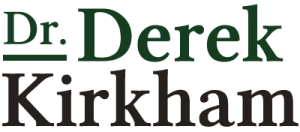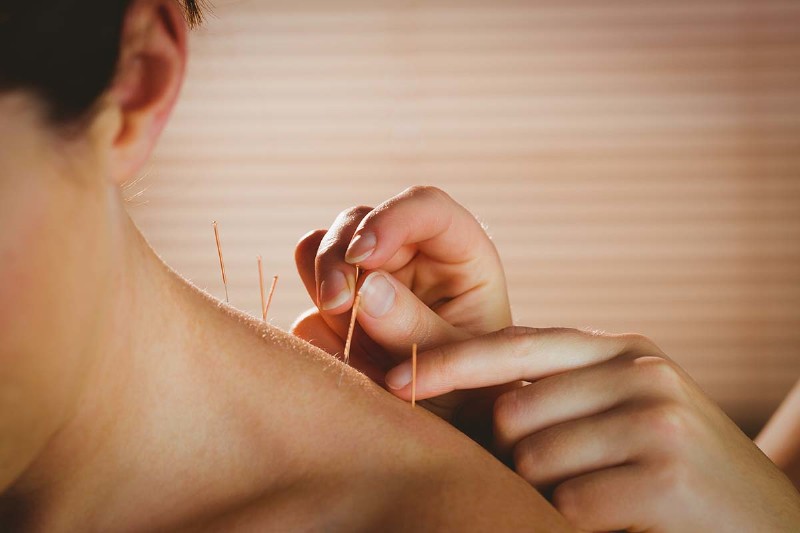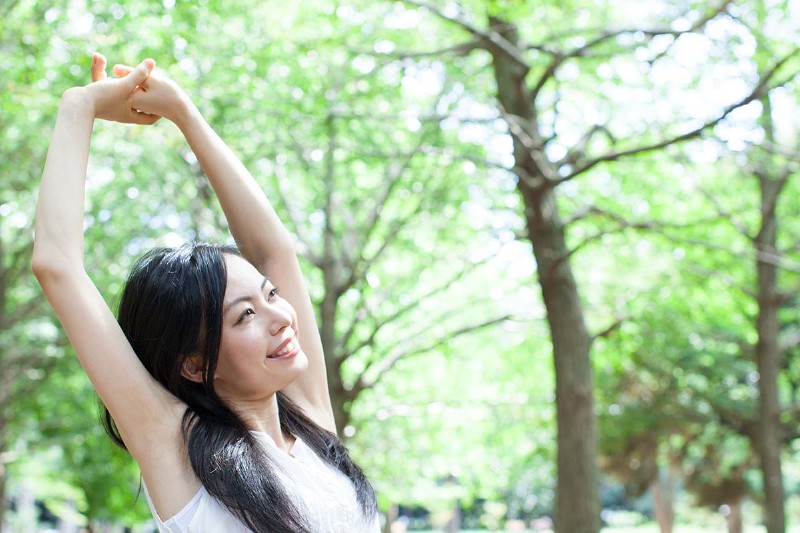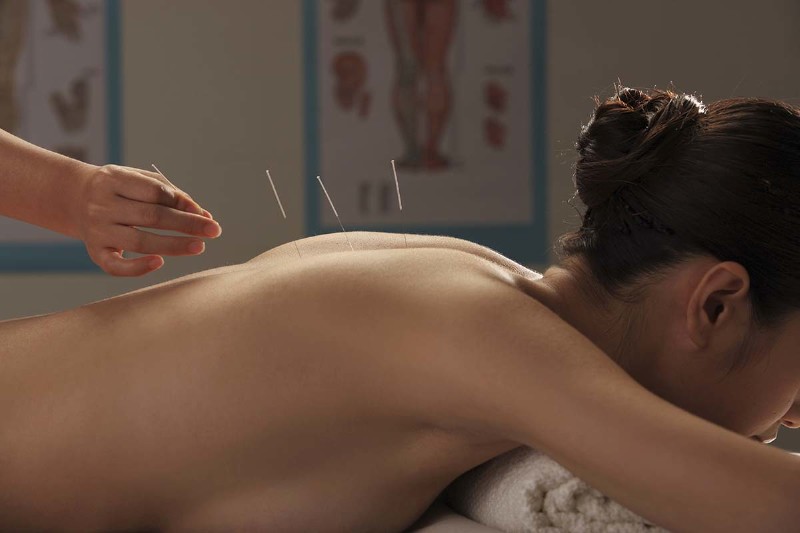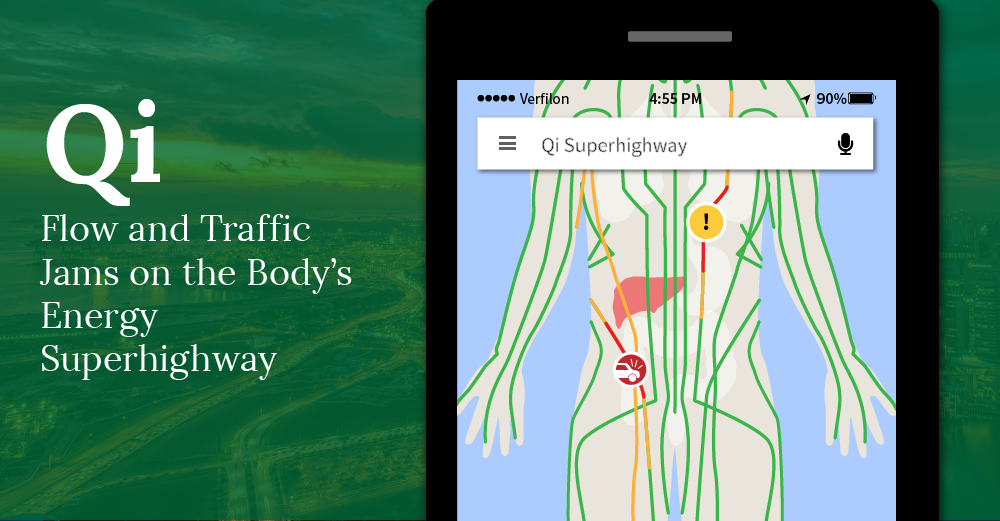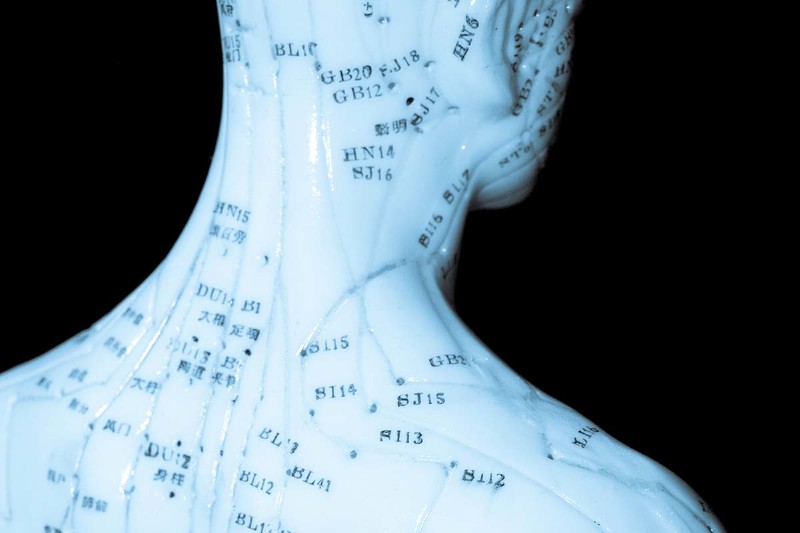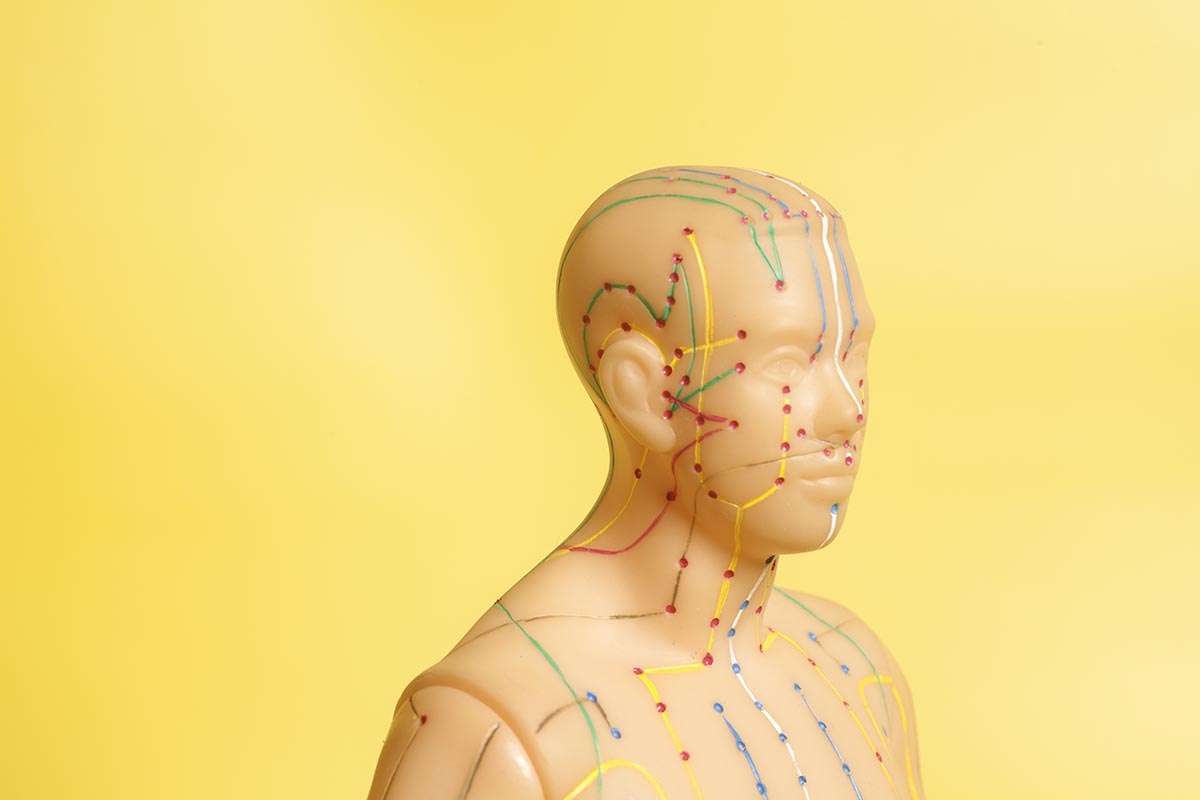Acupuncture Learning Center
What to Expect During Your Acupuncture Treatment
Everything You Should Know Before, During, and After Your Treatment
Every acupuncture practitioner has unique methods and style, so it’s nearly impossible to know exactly what to expect from an acupuncture session without further inquiry.
Furthermore, no two patients are alike; everyone who seeks out an acupuncture treatment has an individual set of ailments and reasons for doing so.
However, there are some constants that you can expect during any acupuncture session.
Before Your Treatment
Before any needles are inserted into your skin, the acupuncture practitioner needs to meet with you to determine what type of treatment will be right for you.
You might be asked questions about your health and lifestyle, and certainly about the parts of your body that are the most painful. The practitioner may also examine the color and shape of your tongue, the color of your face, and the strength of your pulse.
This initial examination usually lasts about 60 minutes, but it is crucial to determining the type of treatment you will receive. The practitioner will decide how many treatments will be ideal, but the average is around six to eight, with one to two treatments per week.
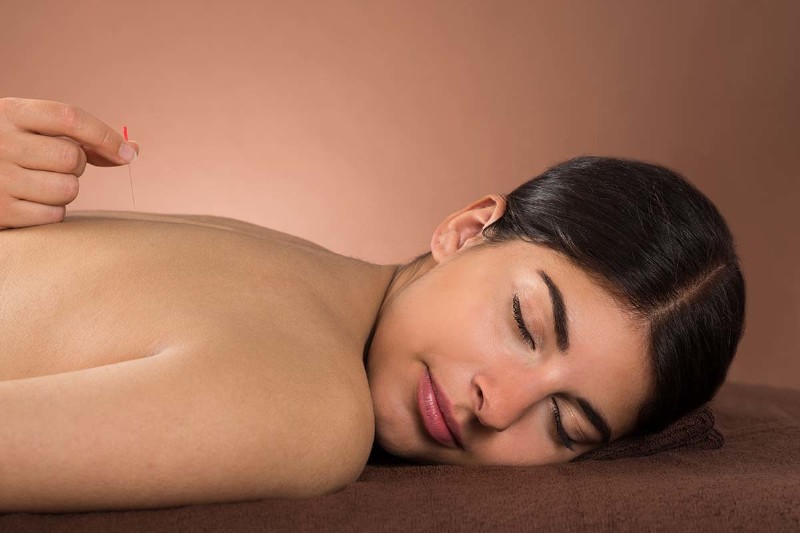
During Your Treatment
Acupuncture points are found all over the body, and the points that will be manipulated on you might be far removed from the location of your pain or ailment.
The practitioner will determine the appropriate points on your body.
In some cases, the needles are inserted into places such as your arm or your hand, places that can be accessed without requiring you to remove any clothing. If clothing needs to be removed, you will usually be given a gown or towel so you can cover yourself.
Acupuncture Needle Insertion
Acupuncture needles are very thin, and there is little pain or discomfort when they are inserted into your skin.
You may feel a mild ache when a needle reaches its proper depth, but the actual insertion is virtually painless. Most treatments require between five and 20 needles, but the amount will vary depending on the type of treatment.
Once the needles have been inserted into the skin, they are sometimes moved or gently twirled as part of the treatment. In some cases, heat or mild electrical pulses are applied to the needles. Again, you should feel little pain or discomfort when the needles are being manipulated.
The needles are typically left in place for ten to 20 minutes while you lie on a padded table and relax. There is usually no pain or discomfort when the needles are removed.
Non-Needle Treatments
Many acupuncturists will offer non-needle treatments that range from low level laser therapy, various bodywork therapies, Chinese medicinal herbs, and special body treatments like cupping, gua sha, tui na, and moxibustion.
Learn more in the needle alternatives section of What is Acupuncture.

Chinese Herbal Medicine
Many practitioners take a more wholistic approach than simply performing acupuncture and sending you on your way. Before the session there may be discussion and diagnostics to get to the root of the problems you are facing.
And at the end of the treatment you may be prescribed a customized formula of Chinese herbs.
These work in concert with your acupuncture treatment and other recommendations made by your practitioner such as nutrition, lifestyle adjustments, etc.
These all work together to get you the best treatment possible in a way acupuncture alone can not.
Chinese herbs are specific combinations of Chinese herbal substances that are combined into formulas specific to your particular condition, situation, and treatment needs. The components of these formulas work together and combine to be more powerful than their parts.
After the Treatment
Just about everyone responds a little differently to an acupuncture treatment.
Some patients report feeling energized following a treatment, while others feel relaxed. Still others might not respond to the treatment at all. If you feel a little too spaced out after a treatment, you might want to wait a short while before you leave if you need to drive home.
Acupuncture is a form of alternative medicine that has been used in traditional Chinese medicine for thousands of years.
It is, however, a medical treatment in the strictest sense. Like all medical treatments, it is not for everybody. Speak to your doctor to determine if acupuncture is right for you before you seek out a practitioner on your own.
What is Acupuncture and How Does it Work?
Everything You Need to Know About this Ancient and Modern Practice
12 Ways to Get the Most Out of Your Acupuncture Treatments
Take Advantage of the Full Potential of Working with an Acupuncturist
How to Choose the Best Acupuncturist, and the Right One for You
The Things to Look For and Watch Out For When Finding an Acupuncturist
What to Expect During Your Acupuncture Treatment
Everything You Should Know for Before, During, and After Your Treatment
What is Qi?
Flow and Traffic Jams on the Body’s Energy Superhighway
5 Science-Backed Ways Acupuncture Improves Your Life
Better Sleep, Less Anxiety, More Energy - How to Live Better through Acupuncture
What are Acupuncture Points?
The Foundation of Acupuncture and the Triggers for Healing
The 12 Meridians of Acupuncture
What They Do and What They Mean for Your Health
